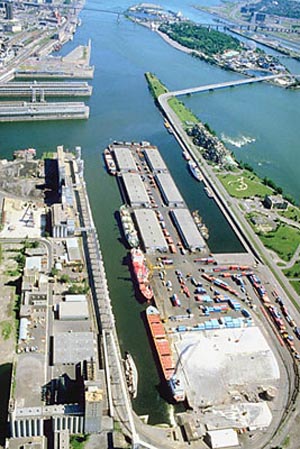 Developments of ports and of new maritime routes are ways to better link economies of PECC and enhance connectivity that facilitates regional and international trade. In the past recent years, maritime trade has been growing, to and from PECC economies in the Asia- Pacific, for reasons of reliability, efficiency, and lower costs.
Developments of ports and of new maritime routes are ways to better link economies of PECC and enhance connectivity that facilitates regional and international trade. In the past recent years, maritime trade has been growing, to and from PECC economies in the Asia- Pacific, for reasons of reliability, efficiency, and lower costs.
This PECC international project aims to contribute to regional policy dialogues on improving connectivity, sustainability and mutual growth for the PECC economies on both sides of the Pacific that are seeking to develop new routes and enhance port operations to meet the increasing demand for maritime trade through the Pacific and Indian Oceans.
Representatives from government agencies, relevant institutions and businesses from PECC economies, who are responsible for the development of maritime trade in the Asia-Pacific region such as sea transport companies, port operators, designers and builders of vessels, dredging and port construction companies, hauling companies, trading companies, and related service providers will gather to exchange views and propose solutions for better connectivity in the Asia-Pacific. They will contribute to the discussions by sharing their experiences in collaborating with other players on major international projects.
The first seminar was held on 19-20 October 2015, in Papeete, at the invitation of the Government of French Polynesia. It took place between the annual meetings of cruise operators and of French port operators. The focus of the first seminar will be on the development of maritime trade in the Asia-Pacific region in the coming years and the following issues were discussed:
- What will the regional maritime trade look like in 2025 - what are the current trends and future projections?
- What are the main drivers of increased pressure on sea routes and ports?
- What changes in vessels – both cargo and passenger (cruise ships, ferries) - are needed to meet the increased demand while meeting safety and environmental regulations?
- What are the implications: modernization of existing ports, new hubs, chokepoints, small ports?
The second seminar will be held in Busan, Korea on April 4-5, 2016 in partnership with the Korea Maritime Institute (KMI).
View program agenda and presentations (available for download)
